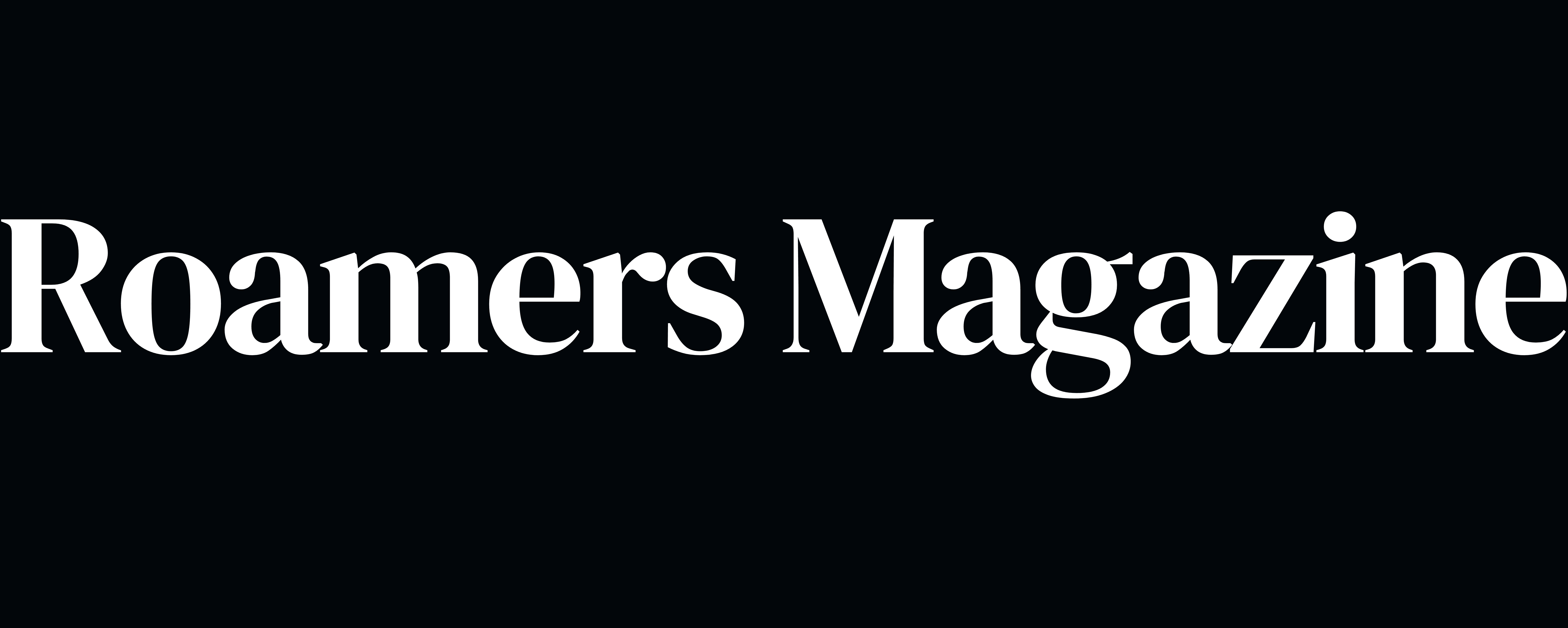Estonia is a small Baltic state located in Northern Europe which allows a new visa program that allows remote workers to live and work in the country for up to a year. The Estonian remote worker visa program was launched in 2020. The Estonia Remote Worker Visa program is designed to attract skilled professionals who can work remotely and are looking for a unique and digitally advanced country to call home.
Estonia has become one of the leading countries in the world to introduce a remote worker visa that allows digital nomads and remote workers to stay and work in the country for up to a year. and the program offers several benefits, such as no corporate income tax for remote workers and access to a range of services, including e-Residency, which enables digital entrepreneurs to start and manage an EU-based company online and enjoy the country’s beautiful landscapes, vibrant culture, and innovative technology ecosystem.
Estonia is a country that has made significant progress in digital innovation and has transformed itself into one of the most digitally advanced nations in the world. The country is now welcoming remote workers from across the globe to join its thriving community of innovative professionals.
Eligibility requirements for the program
The Estonia Remote Worker Visa is a special visa designed for those who want to work remotely from Estonia. To be eligible for this visa, applicants must meet several requirements set by the Estonian government.
- The first requirement is that the applicant must be at least 18 years old. This means that minors or anyone below 18 are not eligible for the visa.
- The second requirement is that the applicant must have a valid health insurance policy. This is important because Estonia wants to ensure that remote workers have access to healthcare services while they are living and working in the country. The health insurance policy can be from the applicant’s home country or an Estonian insurance company.
- The third requirement is that the applicant must have a stable income source. This means that the applicant must have a job or a source of income that allows them to support themselves while they are living in Estonia. This is important because Estonia does not want remote workers to become a burden on the country’s welfare system.
- The fourth and final requirement is that the applicant must have a clean criminal record. This means that the applicant must not have any criminal convictions or pending criminal cases in any country. Estonia wants to ensure that remote workers are law-abiding citizens who will not threaten the country’s security or safety.
In addition, applicants must also provide proof of employment or self-employment, proof of accommodation in Estonia, and evidence of sufficient financial means to support themselves while in the country.
Overall, the Estonia Remote Worker Visa is a great opportunity for remote workers who want to experience living and working in Estonia. By meeting the eligibility requirements, applicants can enjoy the benefits of living in a beautiful country while working remotely from anywhere in the world.
How to apply for the visa and what documents are required
Estonia is a small country located in Northern Europe and is known for its digital infrastructure and innovative technology. Recently, Estonia has introduced a remote worker visa program to attract remote workers from around the world to work and live in Estonia. The remote worker visa program is aimed at professionals who work remotely and are interested in living in Estonia for longer. In this article, we will discuss how to apply for the Estonia remote worker visa.
- Determine if you are eligible The first step is to determine if you are eligible for the Estonia remote worker visa. To be eligible, you must be a remote worker who works for a company registered outside of Estonia and have a monthly income of at least €3,504 for six months before the application. You must also be able to provide proof of health insurance and have no criminal record.
- Gather the necessary documents The next step is to gather the necessary documents for the application. The documents required for the application include a valid passport, proof of health insurance, criminal record certificate, employment contract or letter of confirmation from your employer, and a bank statement or other proof of income for the past six months.
- Complete the application Once you have gathered all the necessary documents, you can complete the application online. The application form can be found on the Estonian Police and Border Guard Board website. The application fee is €100, and the processing time for the application is up to 30 days.
- Wait for the decision After submitting your application, you will need to wait for the decision. If your application is approved, you will receive an email notification and a digital ID card. You can use the digital ID card to access government services, sign documents, and use online banking.
- Arrive in Estonia Once your application is approved, you can travel to Estonia and apply for a temporary residence permit within 30 days of arrival. The temporary residence permit is valid for up to one year and can be renewed if you continue to meet the requirements.
Estonia’s remote worker visa program is a great opportunity for remote workers who want to live and work in Estonia. The process of applying for the visa is relatively straightforward, and if you meet the eligibility requirements, you can easily apply online. With its innovative technology and digital infrastructure, Estonia is a great place for remote workers to live and work.
Benefits of living and working in Estonia, including access to world-class digital infrastructure and a thriving startup scene
Benefits of Living and Working in Estonia: Estonia is a country that offers a high quality of life to its residents. With world-class digital infrastructure, a thriving startup scene, and a high standard of living, Estonia is an ideal destination for remote workers who want to be part of a community of like-minded professionals. Some of the benefits of living and working in Estonia include:
- Access to world-class digital infrastructure: Estonia is home to a world-class digital infrastructure that includes a secure and efficient e-government system, high-speed internet, and a widespread mobile network.
- Thriving startup scene: Estonia has a thriving startup scene, with a supportive entrepreneurial ecosystem that fosters innovation and collaboration.
- High standard of living: Estonia is known for its high standard of living, with a well-developed healthcare system, affordable housing, and a strong social welfare system.
- Cultural richness: Estonia has a rich cultural heritage that includes folk traditions, music, dance, and cuisine.
- Outdoor activities: Estonia is a country of natural beauty, with pristine forests, lakes, and islands that offer a variety of outdoor activities such as hiking, cycling, and boating.
Cost of living and average salaries in Estonia
Cost of Living and Average Salaries in Estonia: The cost of living in Estonia is relatively low compared to other European countries. The average monthly salary in Estonia is around €3,504, with the cost of living depending on the city and lifestyle. For example, the cost of living in Tallinn, the capital city, is slightly higher than in other cities in Estonia.
According to the Estonian government website, remote workers are required to prove that they have a minimum monthly income threshold of €3504 before taxes (as of 2024) for the first six months of their stay in Estonia and $48,600 should be the annual salary. This amount is based on the average gross salary in Estonia, and it is intended to show that the remote worker can support themselves during their stay.
In addition to proving their income, remote workers must also have valid health insurance and show proof of accommodation in Estonia. They must also meet other eligibility criteria, such as having a job or contract with a company registered outside of Estonia and not having any criminal convictions.
Culture and lifestyle in Estonia, including food, entertainment, and outdoor activities
Estonia is a country with a rich and diverse culture that reflects its history and geography. Here are some aspects of Estonian culture and lifestyle, including food, entertainment, and outdoor activities:
Food in Estonia
Estonian cuisine is a mix of traditional Baltic, Nordic, and Russian influences. Popular dishes include black bread, sauerkraut, blood sausage, and smoked fish. Estonians also love to eat dairy products, such as cheese and yogurt. Local craft beer and spirits are also becoming increasingly popular.
Entertainment in Estonia
Estonia has a thriving cultural scene with numerous theaters, music venues, and museums. The capital city of Tallinn is home to a range of art galleries and performance spaces. In addition, Estonia is known for its traditional folk music and dance festivals, which are held throughout the year.
Outdoor activities in Estonia
Estonia is a country with a beautiful and varied landscape that offers a range of outdoor activities. The country has over 2000 islands, forests, lakes, and wetlands, which are perfect for hiking, cycling, and bird-watching. In the winter, skiing, snowboarding, and ice skating are popular activities. Estonia’s long coastline also provides opportunities for swimming, boating, and fishing.
Overall, Estonia’s culture and lifestyle are shaped by its history, geography, and natural resources. The country’s unique cuisine, cultural events, and outdoor activities make it an attractive destination for visitors and a great place to live for its residents.
Healthcare and Education Systems in Estonia
Estonia’s healthcare system is largely funded through taxation and is universal, meaning that all citizens have access to healthcare services. Private healthcare also exists in Estonia, but it is not as widespread as public healthcare.
Primary healthcare in Estonia is provided by family doctors, who act as gatekeepers and refer patients to specialists when necessary. The country has a high ratio of doctors to patients, with around four doctors per 1,000 people. Hospitals in Estonia are mainly publicly funded and are generally of a high standard. Emergency services are provided by the Estonian Rescue Board.
Estonia has made significant progress in developing its e-Health system, which enables patients to access their medical records and make appointments online. The system also allows doctors to access patient records and share information with other healthcare professionals, improving the efficiency and coordination of healthcare services.
Steps to take before and after arriving in Estonia, including registering with the local authorities and opening a bank account
Before arriving in Estonia, remote workers should make sure they have a valid health insurance policy and proof of accommodation. Once in Estonia, they should register with the local authorities and open a bank account. It is also recommended that remote workers familiarize themselves with Estonian culture and language to facilitate their integration into the local community.
If you are planning to move to Estonia, there are certain steps that you need to take both before and after your arrival. These steps include registering with the local authorities and opening a bank account. Here are some guidelines:
Before Arrival in Estonia
- Obtain a valid visa or residency permit for Estonia, if necessary.
- Arrange accommodation in Estonia before arriving.
- Research the Estonian healthcare system and ensure that you have adequate health insurance coverage.
- Check the visa requirements for any other countries you plan to visit during your stay.
After Arrival in Estonia
- Register your place of residence with the local authorities within 30 days of arrival. This can be done at any local government office.
- Apply for an Estonian identification card (ID card) at a Police and Border Guard Board service point. The ID card is a mandatory document that is needed for various transactions in Estonia, such as opening a bank account.
- Apply for an Estonian tax identification number (TIN) from the Tax and Customs Board. The TIN is needed for tax-related transactions.
- Open a bank account in Estonia, which can be done online or in person at a bank branch. You will need to provide your ID card and TIN to open an account.
- If you plan to work in Estonia, register with the Estonian Unemployment Insurance Fund and obtain a work permit, if necessary.
- Register with the Estonian Social Insurance Board to access healthcare services and receive a health insurance card.
It is important to note that the exact requirements for registering with local authorities and opening a bank account may vary depending on your personal circumstances and the specific bank you choose. It is recommended that you research and prepare all necessary documents and information before arriving in Estonia to ensure a smooth transition.
Also Read Top 20 cheap Europe destinations – Must Visit in 2024
Conclusion
The Estonia Remote Worker Visa program is a unique opportunity for skilled professionals who want to experience living and working in one of the most digitally advanced countries in the world. By following the eligibility criteria and application process outlined in this guide, remote workers can enjoy all that Estonia has to offer, including access to world-class digital infrastructure, a thriving startup scene, a high standard of living, and a rich cultural heritage.







